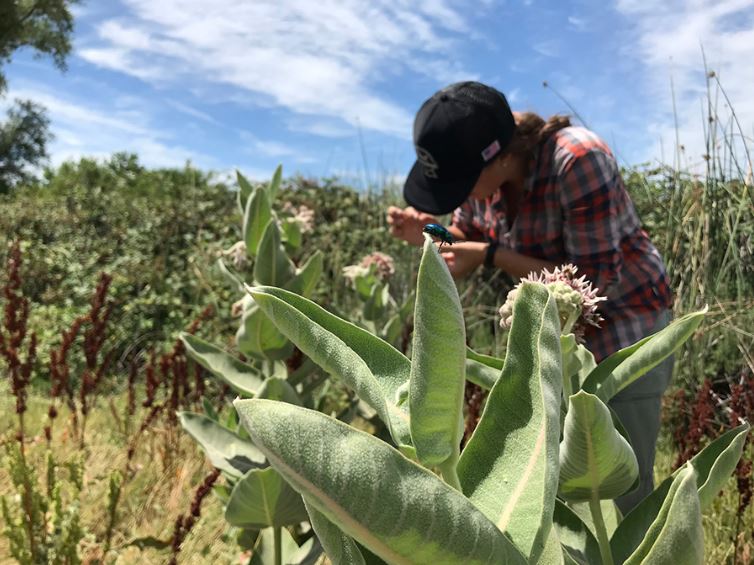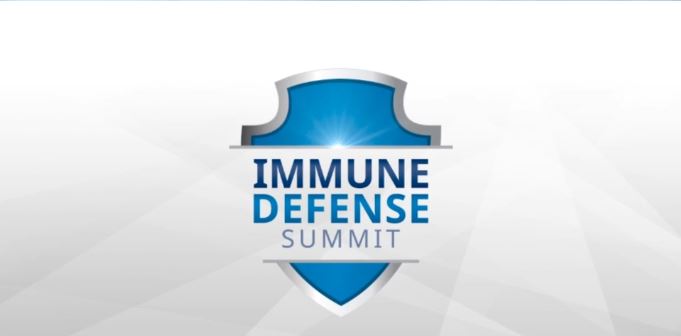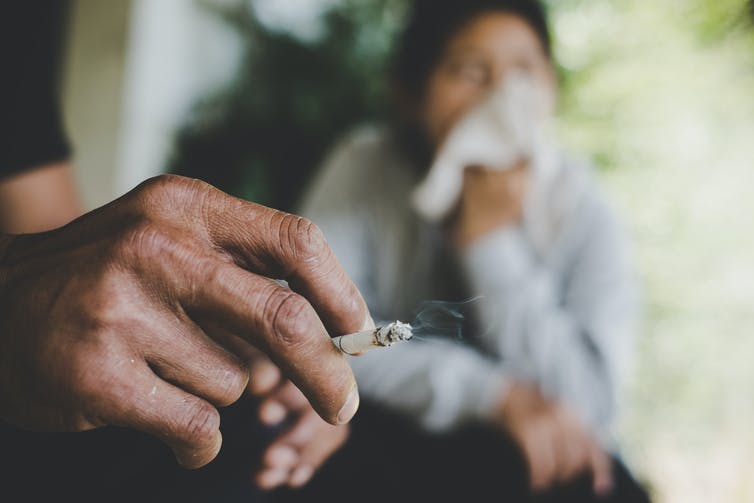Other than a few shout outs to the Libertarian Party, a party that has never had a viable candidate, I have never publicly endorsed any political party or candidate. I probably never will. I think some candidates are better than others but I do not support either party, I support the country. I want our country to be well and to continue to exist. I support whoever I think will do the best job caring for our country.
Before George Washington’s death, he was very upset that the country split into two political parties. His concerns were justified.
When I was young, after a political campaign was over, both sides shook hands, put their difference aside, and did their jobs for the sake of this great country. They may have not chosen the man in office but they cared about the country enough to be decent citizens and support our nation and its leaders.
Life is as good as it has ever been for humanity right now. Despite all the things that go wrong at times, this is still the best it has ever been for our species as a whole.
We have laws that protect everyone. That area still needs some work. We have culture, medicine, roads, communications, education. And oh my god, the food and beverage. There have been kings of past ages that did not live as well as you and me. Things are still settling down after thousands of years of horrible conditions and oppression, but we are evolving as a race.
We are the guardians of the birth of a Golden Age for humanity. Study history if you do not believe me.
A couple years ago a news show anchorman said he did not mind seeing the economy tank if that would get Trump out of office.
A friend of mine repeated these same words to me.
I was so shocked that someone could have so much animosity towards someone that they would want a whole country to fail.
I have a character flaw. I am the, “I told you so” type.
About six weeks ago, I told this person, “You got your wish.
The economy is getting destroyed.”
Of course, he said, “You misunderstood me.”
I did not.
No rational person would burn down their own house because someone in the family made them mad.
But there are people trying to destroy this country to get back at the Trump Administration. I am not sure which of the recent events just happened and which were arranged to cause chaos and destruction. The person holding the kerosene and matches probably should not bitch that the house burnt down.
After many days of studying patents and scientific papers, I have had a lot of time on my hands lately, I can come to no other conclusion than the COVID thing was a manmade virus, intentionally or accidentally released on the public. The recent arrested of certain virologists makes me think it was intentionally released.
There were blatant terror tactics against the American people and such a confusing disinformation campaign that normally intelligent and rational people could not even think straight.
There were a few other things tossed in like TP shortages, Killer Hornets, Meat Shortages, UFO footage released, and then the protest and riots. And the year the impeachment thing. All these things destabilize our country.
All I can say is trying to destroy a nation is an act of treason.
Trying to destroy America to get back at a temporary employee is insanity.
Please let’s help the country heal. Your future depends on this country being strange and healthy. Even if you hate the President support the country. It is where most of us live.
Julia Tanno – May 7, 2020 – You may repost





